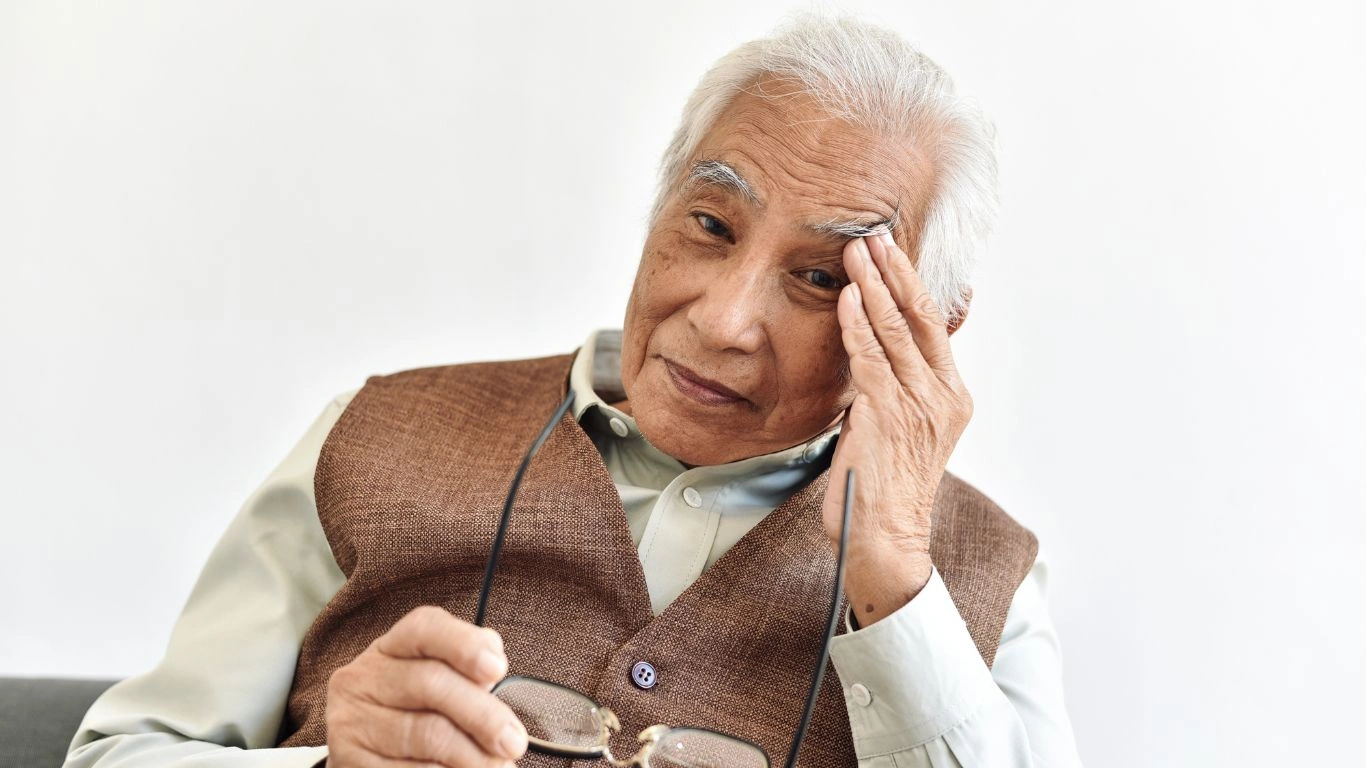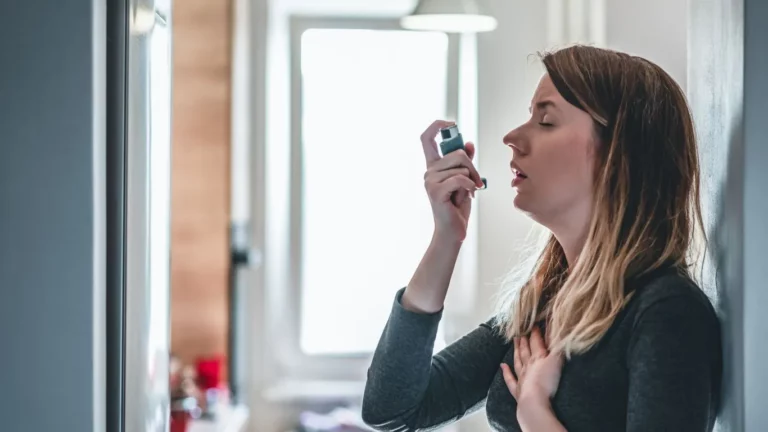Essential Oils and Hypertension Relief – A Natural Approach
Are you looking for a natural way to manage hypertension? Essential oils have been gaining attention as a natural remedy for high blood pressure. Let’s dive into how they can help you and which oils work best for hypertension relief.
Hypertension, or high blood pressure, affects millions of people worldwide and is often called the “silent killer” because it usually doesn’t present any noticeable symptoms. Left untreated, it can lead to serious health problems like heart disease and stroke. Fortunately, there are natural remedies available that can help manage and even reduce hypertension levels. One such remedy that has been gaining popularity is the use of essential oils. These concentrated plant extracts have been used for centuries for their therapeutic properties, and recent studies suggest they might be helpful in managing blood pressure.
In this guide, we’ll explore how essential oils can help with hypertension, the best oils to use, and how to incorporate them into your daily routine. Let’s get started!

What is Hypertension and Why Should You Care?
Hypertension occurs when the force of the blood against your artery walls is consistently too high. Over time, this can damage your blood vessels and organs, including your heart and kidneys. The normal range for blood pressure is usually around 120/80 mmHg, and anything higher is considered elevated or hypertensive. If your blood pressure is consistently higher than 130/80 mmHg, it’s time to take action.
Managing hypertension is crucial for your overall health, and it’s often done with lifestyle changes, medications, and regular monitoring. But, if you’re looking for a natural and holistic approach, essential oils might be a perfect complement to your treatment plan.

How Essential Oils Can Help With Hypertension
Essential oils work by interacting with your sense of smell and influencing your brain’s response to stress. Many essential oils have calming properties that can reduce anxiety, improve relaxation, and lower heart rate, which in turn can help lower blood pressure.
When you inhale essential oils, they send signals to your brain’s limbic system, which is responsible for regulating emotions and stress. This can have a positive effect on your autonomic nervous system, leading to reduced stress and a decrease in blood pressure levels.
Essential oils can also help with the physical symptoms of hypertension by promoting better circulation, reducing inflammation, and improving overall heart health. But, they should not replace prescribed medications unless advised by your healthcare provider.

Top Essential Oils for Hypertension Relief
Not all essential oils are created equal when it comes to managing hypertension. Some oils have more direct effects on lowering blood pressure and calming the body, while others provide supportive benefits like stress relief. Here are the most popular and effective essential oils for hypertension relief:
1. Lavender Oil
Lavender oil is one of the most well-known essential oils for stress and anxiety relief. It has a calming effect on the nervous system, making it great for lowering blood pressure. Studies show that lavender can help reduce both systolic and diastolic blood pressure when inhaled or applied topically.
To use lavender for hypertension relief, try diffusing it in your bedroom before bed to promote relaxation. You can also add a few drops to a warm bath for a soothing experience.
2. Ylang Ylang Oil
Ylang Ylang oil is another essential oil that has been found to lower blood pressure. It has a sweet, floral scent and is known for its calming properties. Ylang Ylang is often used in aromatherapy to reduce anxiety and stress, which directly contributes to better heart health and lower blood pressure.
To use Ylang Ylang, simply diffuse it in your living space, or dilute it with a carrier oil and apply it to your wrists or temples.
3. Clary Sage Oil
Clary sage oil is known for its ability to balance hormones and relieve stress, making it an excellent choice for those with high blood pressure. Research shows that clary sage can help lower systolic blood pressure by promoting relaxation and reducing cortisol levels, which are linked to high blood pressure.
You can use clary sage by inhaling it from a diffuser or mixing it with a carrier oil for topical application.
4. Bergamot Oil
Bergamot oil, derived from the rind of the bergamot orange, is known for its ability to reduce anxiety and stress. Studies have shown that it can help lower blood pressure by relaxing the mind and improving circulation. The refreshing citrus scent of bergamot can also uplift your mood and reduce feelings of tension.
For the best results, diffuse bergamot oil or apply it topically (diluted with a carrier oil) to your pulse points for a relaxing effect.
5. Frankincense Oil
Frankincense oil is often used in spiritual practices for meditation, but it also has physical benefits. It has anti-inflammatory properties that help with circulation and reduce the risk of hypertension. Frankincense is also great for promoting relaxation, which can lower blood pressure naturally.
To use frankincense for hypertension, diffuse it in your home or apply it topically to the back of your neck or chest.

How to Use Essential Oils for Hypertension Relief
There are several ways to use essential oils for hypertension relief. Here are a few methods that you can incorporate into your daily routine:
1. Aromatherapy (Diffusing Essential Oils)
The most popular way to use essential oils is through aromatherapy. You can use a diffuser to disperse the oils into the air. Simply add a few drops of your chosen essential oil to the diffuser and let it fill the room with a calming aroma. This method is great for stress reduction and can help lower your blood pressure throughout the day.
2. Topical Application
Another effective way to use essential oils is by applying them directly to your skin. However, always dilute essential oils with a carrier oil, such as coconut or jojoba oil, before applying them. Apply a few drops to your wrists, temples, or the back of your neck to help reduce stress and promote relaxation.
3. Bath Soaks
A warm bath infused with essential oils is a relaxing way to reduce tension and stress. Add a few drops of lavender, bergamot, or frankincense oil to your bathwater and soak for 20-30 minutes. This method helps calm your nervous system and can reduce your blood pressure.
Conclusion
Essential oils are a fantastic natural remedy for managing hypertension. By incorporating oils like lavender, ylang ylang, and bergamot into your routine, you can reduce stress, promote relaxation, and ultimately help lower your blood pressure. Whether you choose to diffuse, apply topically, or soak in a bath, essential oils can be a helpful tool in your hypertension management.
However, remember that essential oils should complement other treatment methods, such as medication and lifestyle changes. Always consult your healthcare provider before making significant changes to your health routine.
Appendices
References
For more information on essential oils and hypertension, check out these resources:
- National Institutes of Health (NIH). (2023). Essential Oils and Heart Health. Read Article
- American Heart Association. (2022). The Impact of Stress on Hypertension. Read Article
- Smith, J., & Brown, L. (2021). Essential Oils for Stress and Hypertension. Journal of Holistic Health, 19(2), 112-118. Read Article
FAQs
- Can essential oils completely cure hypertension? Essential oils are not a cure for hypertension but can help reduce stress and promote relaxation, which may support lower blood pressure. Always consult with your doctor for proper treatment.
- How should I use essential oils for hypertension relief? You can diffuse essential oils, apply them topically with a carrier oil, or add them to your bath for relaxation and stress reduction.
- Are there any risks to using essential oils for hypertension? Essential oils are generally safe when used properly. However, they should always be diluted with a carrier oil before applying them to the skin, and you should avoid ingesting them without professional guidance.
- Which essential oil is the best for reducing stress? Lavender and Ylang Ylang are among the best essential oils for stress reduction. They are both calming and can help lower blood pressure.
- Can I use essential oils if I am on hypertension medication? Yes, but always consult your healthcare provider before incorporating essential oils into your routine to ensure they don’t interact with your medication.
Disclaimer: The information provided in this article is for educational purposes only and does not substitute for professional medical advice. Always consult with your healthcare provider before making any changes to your treatment plan.

Dr. Gwenna Aazee is a board-certified Internal Medicine Physician with a special focus on hypertension management, chronic disease prevention, and patient education. With years of experience in both clinical practice and medical writing, she’s passionate about turning evidence-based medicine into accessible, actionable advice. Through her work at Healthusias.com, Dr. Aazee empowers readers to take charge of their health with confidence and clarity. Off the clock, she enjoys deep dives into nutrition research, long walks with her rescue pup, and simplifying medical jargon one article at a time.







